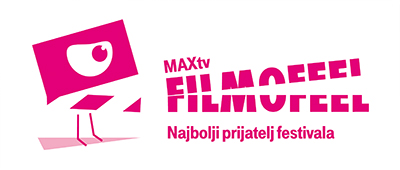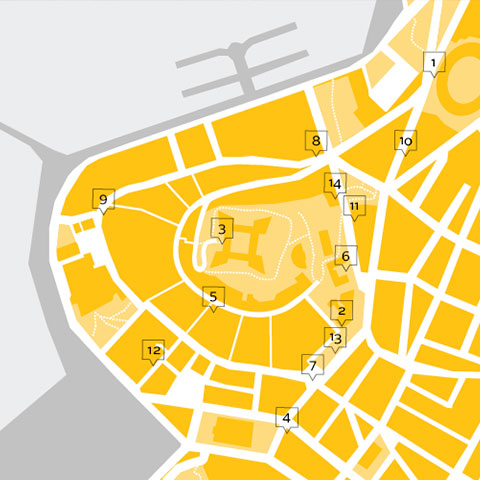
As part of the Pula PROfessional programme of the 63rd Pula Film Festival, the round table "Women in European and Croatian film" was held on the 10th of July in the Croatian Chamber of Commerce. On that occasion the research Where are the European women directors? by European women audiovisual networks (EWA) was presented. It was conducted in collaboration with film funds and universities in seven European countries: Austria, France, Croatia, Italy, Germany, Sweden and the UK. The study was presented by Holly Aylett, head of research and member of EWA and Sanja Ravlić, former Croatian representative for Eurimages and president of their working group for gender equality. The round table was attended by the Croatian producer Ankica Jurić Tilić, and the discussion was moderated by Boško Picula.
The research, a two-year study and comparative analysis, was motivated by the still surprisingly strong marginalization of female directors in the film industry, despite many initiatives and the more pronounced sensitivity to the lack of gender equality in the industry over the past few years. Results indicate significant under-representation of female directors at all stages of production and distribution of audiovisual works: women have directed only one of five films in seven European countries whose cinematography was included in this study (21%), and only 16% of the total funds for film subsidies goes to female directors. A discrepancy is also visible in the number of female graduate directors (44%) compared to those working in the audiovisual arts (24%). Holly Aylett stated that a partial cause of it is a vicious cycle in the representation of the image of a female director: directors are commonly perceived and presented through the figure of a man, and that idea becomes a public opinion that ultimately results in its acceptance in the industry and a behaviour that supports that representation.
Sanja Ravlić presented the situation within the national framework - from 1991 to 2007, 105 feature films were recorded in Croatia, only 4 of which were directed by women. What was emphasized is the positive and growing trend of gender representation in the Croatian film industry for the past eight years. Ravlić pointed out that it is greatly influenced by the establishment of the Croatian audivisual center and the legal obligation of co-funding debut films. Since 2008 the percentage of films directed by women increased from 4% to 16% and now it is necessary to maintain and further intensify the growing Croatian trend that is in line with European trends.
In the discussions about the possible financing strategies and funds procurement, often mentioning the Swedish model of financing (ie. 50-50 quota by 2020), Hrvoje Hribar, President of HAVC, commented: It is my privilege to say that we represent pro-women policies, but we did not do in order to increase the number of women in the industry, but to improve the Croatian cinematography.
Ravlić further pointed out that the study is published and in addition to its comparative part, it brings together the national reports of all seven countries. She also announced the continuation of this discussion, only informative so far. We will organise a much larger round table in Zagreb this autumn, part of the Zagreb Film Festival and we would like to also invite participants from the audiovisual sector as the study brings not only factual information about the position of female directors of the European film and their careers, but also fifteen recommendations to those who define gender equality policies in the country., emphasizes Ravlić.
As long as there are inequalities, these meetings and discussions should continue in order to proceed into concrete action agreed all participants. Besides elaborating the model of financing and including the institutions in the dialogue about this subject, the visibility of women in the industry should increase at all levels from education to access to cinematography itself.
We need to remember that women make up half the industry and that we must continue to move forward, concluded Holly Aylett.




